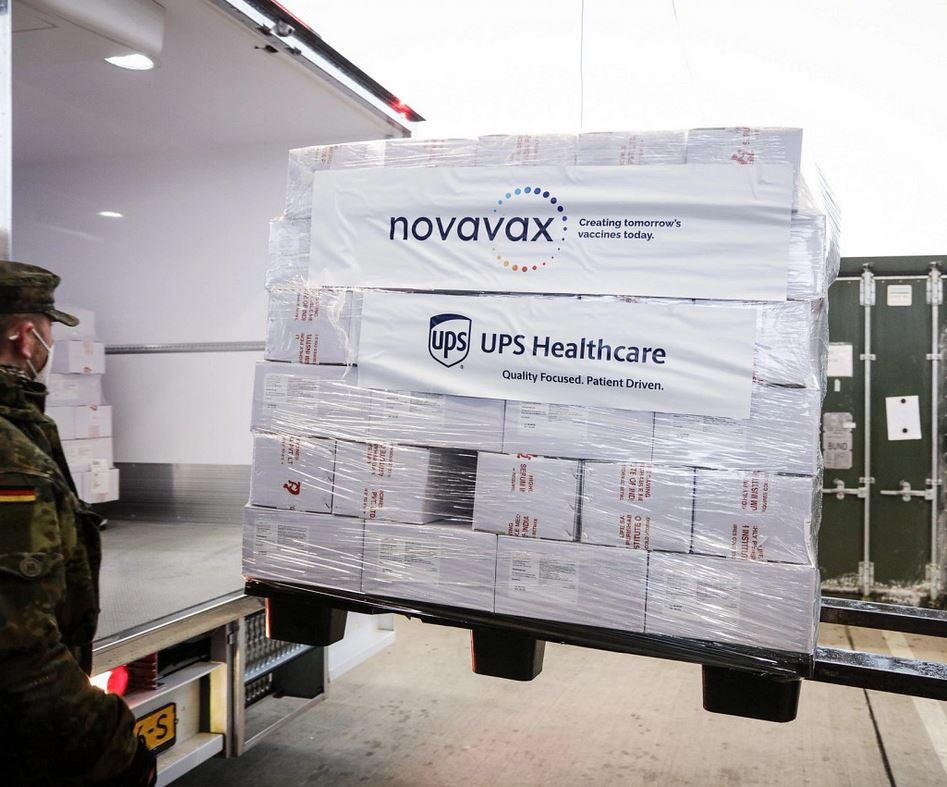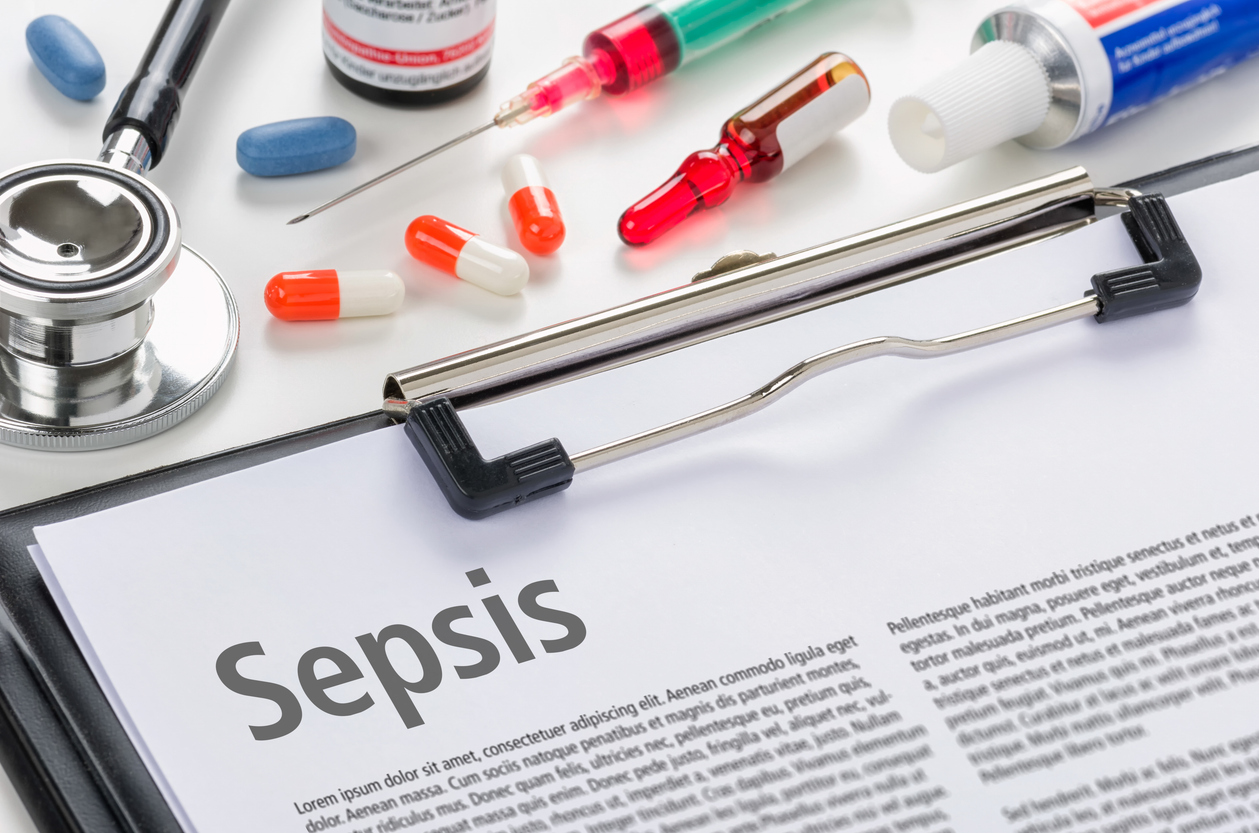A total of 219 healthcare workers received Novavax, and 369 received the Pfizer product. Two and 7 days after immunization, they completed a questionnaire on reactogenicity symptoms and their effects on daily activities. Participants included physicians (20.4% of the total), nurses (19.2%), and medical assistants (11.9%).
The preliminary results were presented at the Congress of the European Society of Clinical Microbiology and Infectious Diseases (ESCMID) 2025 in Vienna.
"The risk of side effects or reactogenicity has been shown to be a major decision factor for those opting to get vaccinated," principal investigator Sarang Yoon, DO, of UUH, said in the Novavax news release.
About 13% fewer local reactions with Novavax
On average, workers who received Novavax had 1.7 systemic symptoms, compared with 2.8 in Pfizer recipients. In total, 43.8% of Pfizer vaccinees reported at least one symptom of moderate or higher grade, compared with 24.2% of Novavax recipients.
Workers who received Novavax reported 12.5% fewer local reactions than those who received the Pfizer vaccine. Average hours of side effect–related reduced activity were lower in Novavax recipients than in Pfizer vaccinees (0.7 vs 1.4 hours of missed work and 0.8 vs 2.4 hours of lower productivity).
"Our protein-based nanoparticles and Matrix-M adjuvant are the foundation of our COVID-19 vaccine," Ruxandra Draghia-Akli, MD, PhD, executive vice president and head of research and development at Novavax, said in the release. "Our new R&D pipeline is focused on delivering more assets built on this powerful technology platform, including the use of our Matrix M adjuvant, which has been associated with a favorable tolerability profile."














